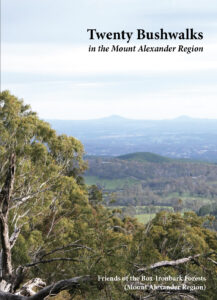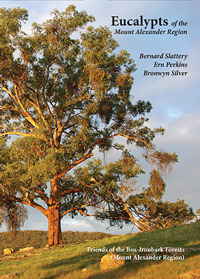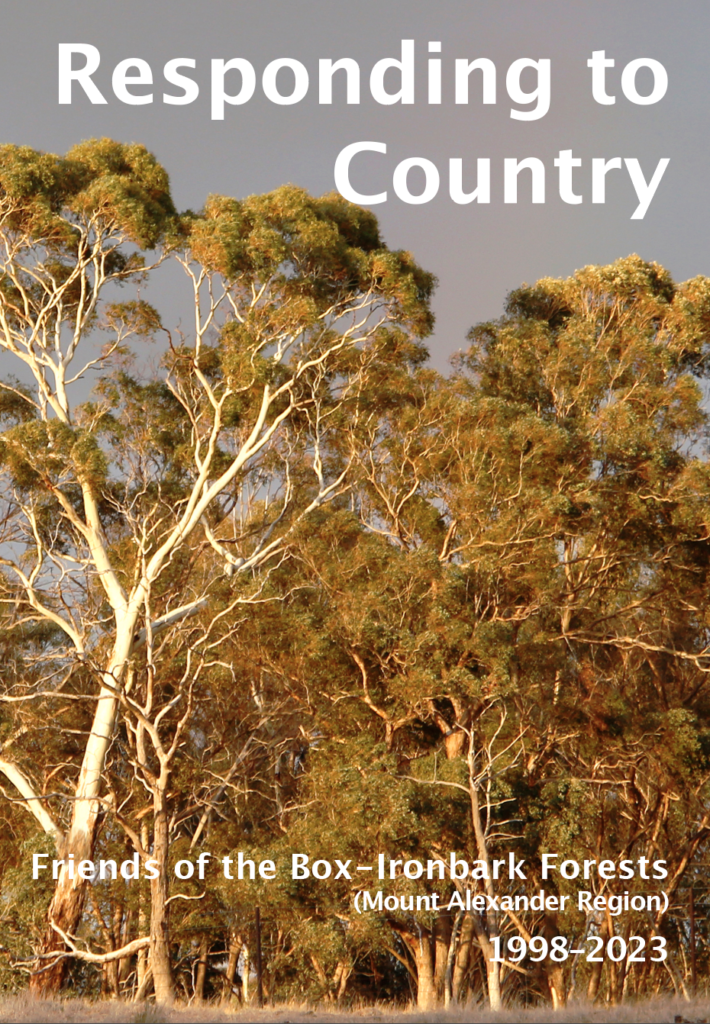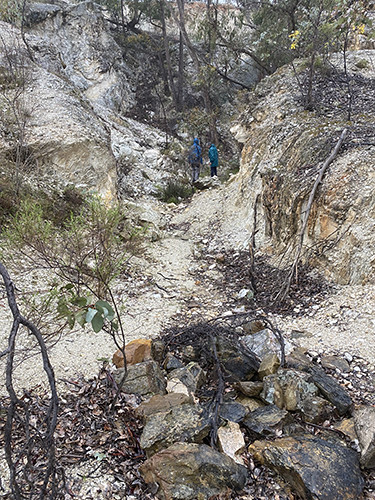The early start to the bushfire season has generated a debate about the connection between climate change and bushfires. This is another debate we can expect to sputter on over summer.
It’s important to be clear about what the argument is here. A warming climate does not cause fires: but hotter, dryer conditions make outbreaks caused by lightning, arson or something else more likely, more likely to be frequent, and more likely to be serious. The country is drier and hotter, and the explanation for this has been laid out in innumerable scientific papers and attested by senior fire fighters. The equation is pretty obvious to anyone not seduced by conspiracy theories or the wilder explanations of the internet (like Barnaby Joyce’s claim that the sun’s magnetic field is to blame for our problems). Those who reject it are, by and large, those who reject altogether the reality of human induced climate change
Would the situation have been less serious if the Coalition Government had acted decisively to limit or reduce Australia’s contribution to global warming? The Prime Minister has rejected the idea outright: ‘I think to suggest that at just 1.3% of emissions, that Australia doing something more or less would change the fire outcome this season – I don’t think that stands up to any credible scientific evidence at all.’ In one sense, he’s absolutely right.
As many right wing commentators have pointed out, if Australia reduced its carbon emissions to zero it would have no effect at all on the rate of global warming. In support of this argument, Herald Sun columnist Andrew Bolt cited Australia’s Chief Scientist, Alan Finkel. Mr Finkel responded by labelling Bolt’s claim as ‘a complete misrepresentation of my position…’. He went on:
‘On 1 June 2017 I attended a Senate Estimates hearing where Senator Ian Macdonald asked if the world was to reduce its carbon emissions by 1.3 per cent, which is approximately Australia’s rate of emissions, what impact would that make on the changing climate of the world. My response was that the impact would be virtually nothing but I immediately continued by explaining that doing nothing is not a position that we can responsibly take because emissions reductions is a little bit like voting, in that if everyone took the attitude that their vote does not count and no-one voted, we would not have a democracy.
‘Similarly, if all countries that have comparable carbon emissions took the position that they shouldn’t take action because their contribution to this global problem is insignificant, then nobody would act and the problem would continue to grow in scale.’
There are about 15 other countries with emissions comparable to ours, accounting for over 20% of global emissions. If we followed the logic of Morrison and Bolt, none of them should be concerned about their emissions—clearly a ridiculous position to argue.
The current government can’t be held directly responsible for the recent fires: but if conditions become more severe, its responsibility as a global citizen will be harder to evade.




 Click on image for info/order page
Click on image for info/order page Click on image for info/order page
Click on image for info/order page Click on image for info/order page
Click on image for info/order page




















